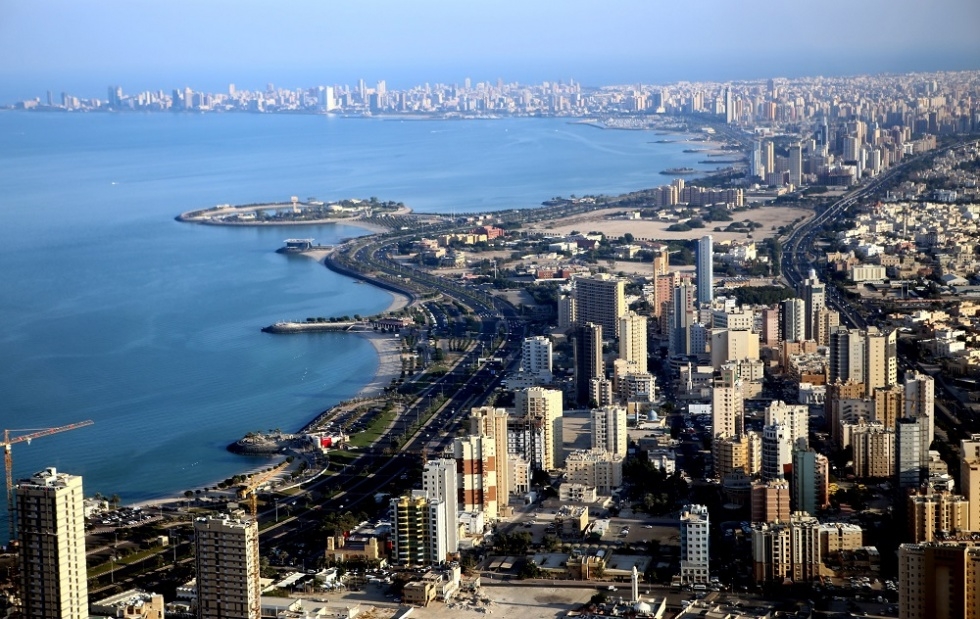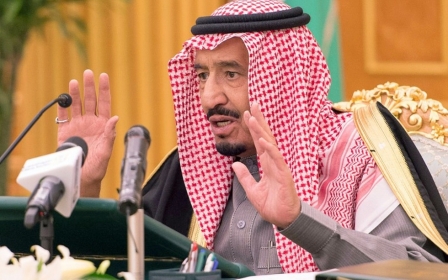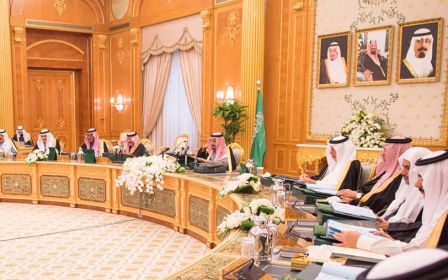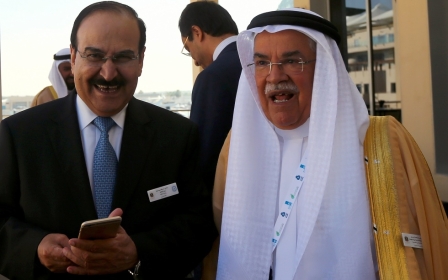Kuwait announces $155bn infrastructure spree despite low oil prices

KUWAIT CITY: Kuwait’s government on Sunday announced plans to spend 45.5 bn dinars ($155 bn) on projects over the next five years despite the plunge in world oil prices, a lawmaker said.
The spending is slated to cover 523 key projects in a five-year development plan starting in the fiscal year which begins on 1 April, said parliament’s financial and economic affairs committee secretary, Mohammad al-Jabri.
He said the oil-rich Gulf country’s state minister for planning and development, Hind al-Sabeeh, discussed the draft development plan with his panel.
The committee was assured that the sharp drop in oil revenues would not affect the projects of Kuwait, which has a massive sovereign wealth fund and invested billions of dollars in a “future generations fund”.
Oil revenues in the new budget from April will be calculated on the basis of $45 a barrel, down from $75 a barrel in the current fiscal year, Jabri said.
The price of Kuwaiti oil closed on $43.21 a barrel on Friday, compared to a price of over $110 a barrel in June 2014. Oil income makes up around 94 per cent of public revenues in Kuwait.
The government has vowed to cut current spending, especially subsidies, which constitutes over 85 per cent of total expenditures but insisted it will not reduce capital spending on projects.
The OPEC member has posted a budget surplus in each of the past 15 fiscal years and is expected to post a surplus in the current year ending 31 March.
But officials and lawmakers warned that an actual deficit is expected in the next fiscal year unless oil prices rise.
The emirate has scrapped subsidies on diesel, kerosene and aviation fuel as a first step in revising heavily-subsidised electricity, water and petrol.
Local media said Kuwait’s fiscal reserves grew to $548 bn as of 30 June.
The emirate has a native population of 1.25 million and is also home to about 2.8 million foreigners.
New MEE newsletter: Jerusalem Dispatch
Sign up to get the latest insights and analysis on Israel-Palestine, alongside Turkey Unpacked and other MEE newsletters
Middle East Eye delivers independent and unrivalled coverage and analysis of the Middle East, North Africa and beyond. To learn more about republishing this content and the associated fees, please fill out this form. More about MEE can be found here.




